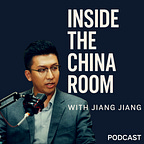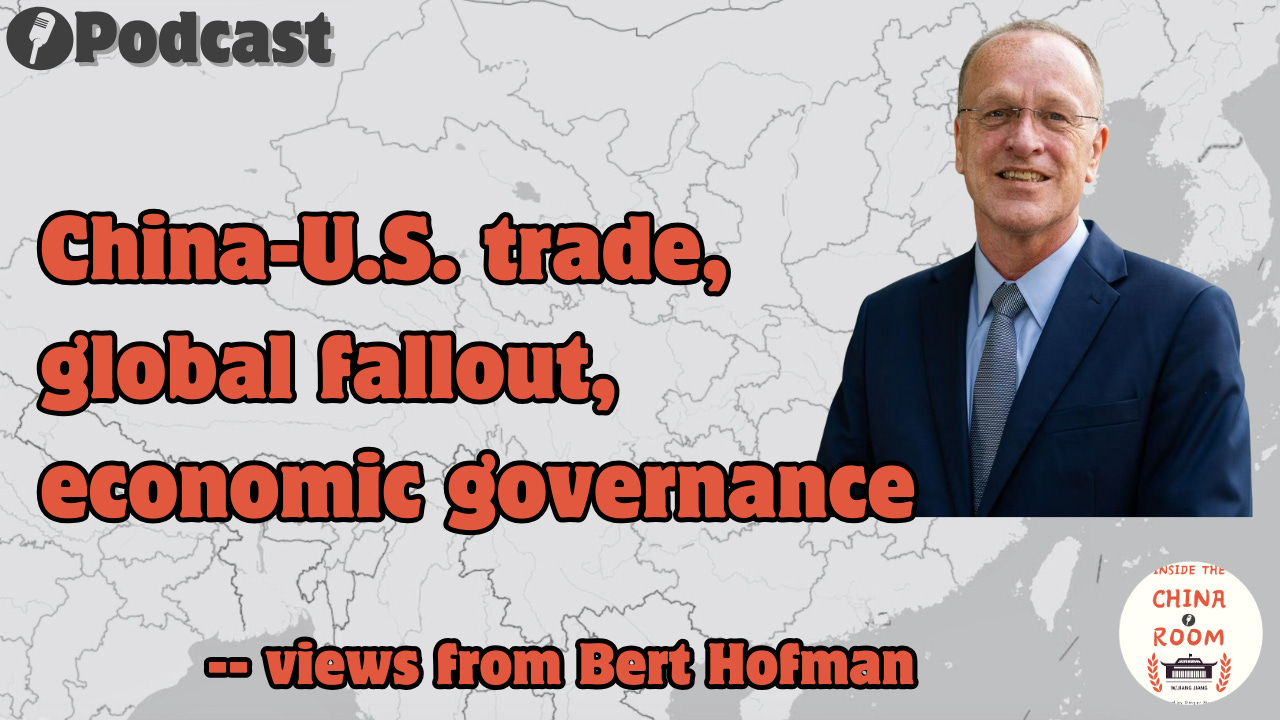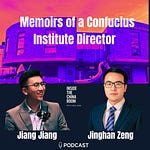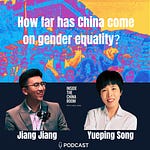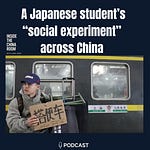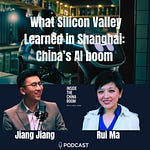This week on Inside the China Room, Jiang Jiang (JJ) is joined by Bert Hofman, professor at the Lee Kuan Yew School at the National University of Singapore and the former World Bank's Chief Economist of East Asia and the Pacific Region, and Country Director for China.
The United States and China agreed on May 12 to drastically roll back tariffs on each other’s goods for an initial 90-day period, in a significant breakthrough that has de-escalated a punishing trade war and buoyed global markets.
In this episode, I invite Bert to share his views on China-U.S. trade relations, the impact of the tariff rollbacks, and what it all means for the future of global supply chain and multilateral institutions.
Bert is also the former director of the East Asian Institute of the National University Singapore (NUS). He is a Senior Fellow at MERICS in Germany, nonresident senior fellow at the Asia Society Policy Institute, and Member of the World Association for China Studies. Before joining NUS, he worked with the World Bank for 27 years, 22 of which in Asia, and 12 of which on China.
Bert's current interests include China’s future growth trajectory, technology, aging, and geopolitics and China-U.S. relations. He also runs a Substack newsletter called Bert's newsletter.
Highlights:
03:21 - What surprised — and didn’t — in the China-U.S. trade deal
06:13 - Tariff "pause" and transit trade
12:53 - How the trade war reshapes global supply chain strategy
17:14 - Trade talks and how countries strategize
19:51 - The uncertain path ahead for China-U.S. trade relations
27:33 - National security is becoming a growing global priority
29:40 - The future of multilateral institutions amid U.S. retreat
39:17 - Recommendation
Recommendation:
Zbig: The Life and Times of Brzezinski, America's Great Power Prophet, by Edward Luce
You can also listen to Inside the China Room with Jiang Jiang on Apple Podcasts and Spotify.

